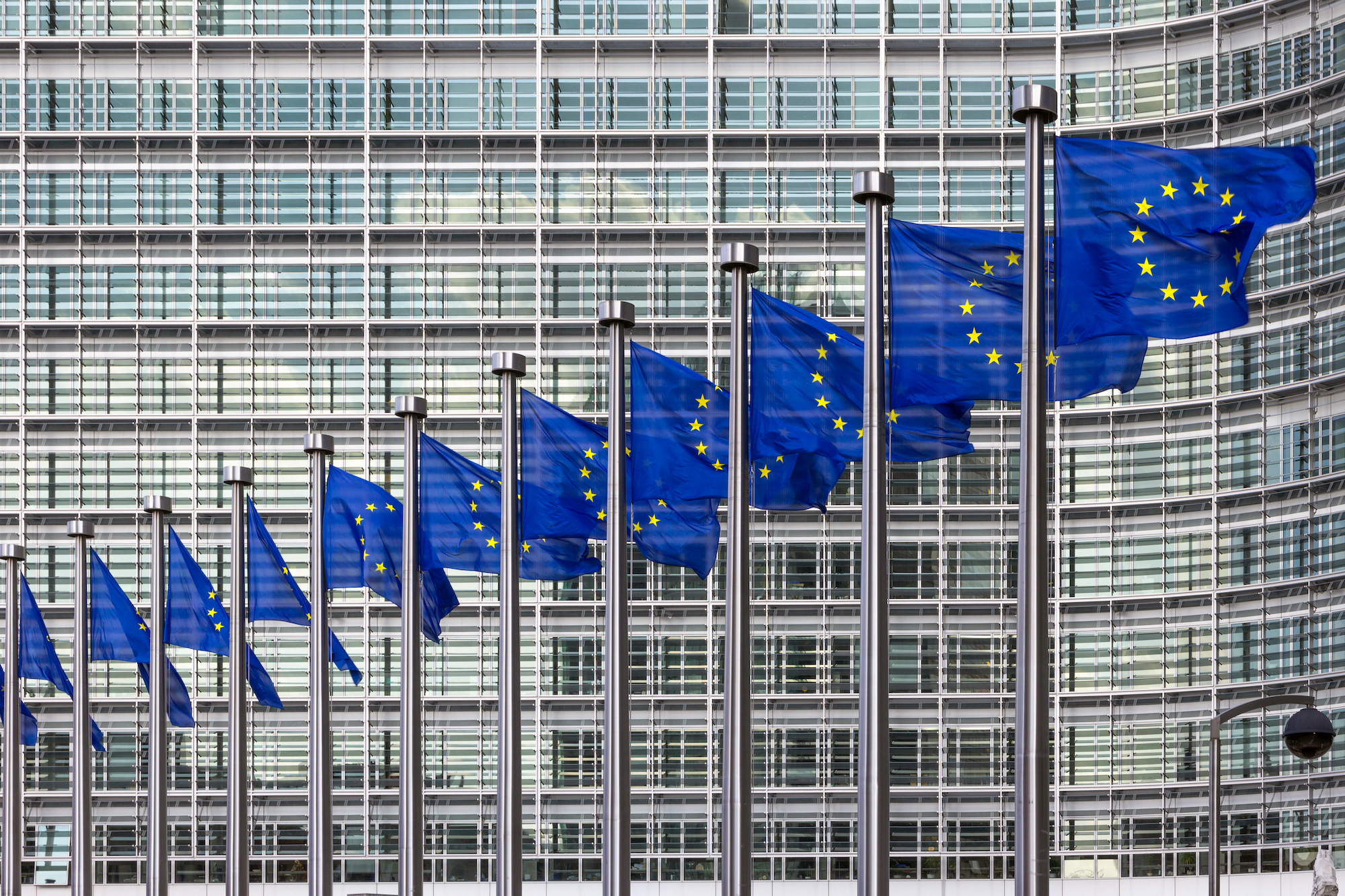Österreichischer Rundfunk (ORF), Austria’s national public service broadcaster, has elected a new Director-General who will lead the organisation from next year. But there are independence concerns surrounding the election process.
There have been a number of key developments and changes within ORF over the past year, including a licence fee increase and amendments to the ORF law.
New leadership and independence concerns
In August, Roland Weissmann was elected new Director-General of ORF. Starting his new five-year term on 1 January 2022, he will replace Alexander Wrabetz, who has been head of the public broadcaster since 2007. But while Weissmann has worked for ORF in various roles for many years – and despite declaring his commitment to securing ORF’s independence – there have been concerns and criticism surrounding the possible politicisation of his appointment, the broader election process, and repercussions for public trust.
According to data from Reuters Institute’s Digital News Report 2021, ORF “Moreover, Austria generally enjoys high levels of press freedom, ranking 17th in Reporters Without Borders’ World Press Freedom Index.
Yet IPI reported that: “The [DG] election drew criticism for the way one of the most important positions in the Austrian media landscape is assigned, especially as regards the role that political parties play in the process.” The Austrian People’s Party (ÖVP) has a majority in the Stiftungsrat (Foundation Council) – the body that elects ORF’s Director-General – a situation that IPI describes as “unusual”.
“Advisory boards should reflect the whole of society, not just political power represented in parliament and government and focus on a visible and proven competence of its members” – Dr Klaus Unterberger
According to IPI, “political observers described Weissmann as the ÖVP’s candidate”. Critics are calling for the Stiftungsrat to be restructured given the ruling party’s heavy presence and the voting system. The current system sees board members cast their vote openly, which may create undue pressure.
Dr. Klaus Unterberger, head of ORF’s Public Value Competence Center, explained to PMA the concerns surrounding the Stiftungsrat. “This is an ongoing debate for years. In order to protect ORFs independence it would be effective to increase transparency of advisory boards, including the nomination of their members to avoid [the] government or any political party [from achieving] a majority in the decision-making process. Advisory boards should reflect the whole of society, not just political power represented in parliament and government and focus on a visible and proven competence of its members.”
But Dr Unterberger said the ORF had “effective safeguards” which helps it protect its independence from undue interference. This includes: “A clear definition of [its] own responsibility of journalists in the law, an internal code of conduct, an independent board of ethics and most important a journalist’s statute, creating a “Chinese wall” between any external influence and reporting.”
ORF law amendments and licence fee increase
In July, ORF’s Editorial Committee unanimously passed a resolution calling for amendments to the ORF law. One of the key proposals is to further increase the public broadcaster’s independence and prevent political interference. While the law outlines ORF’s duties, responsibilities, and independence, incidents in recent years involving attacks from political parties to make reforms to ORF, indicate that the independence of Austria’s public media is still under threat.
“Public Service Media is indispensable for any democratic society. Contrary to commercial media, ORF is publicly funded, is obliged to follow a clear PSM-mission and remit, has to deliver a comprehensive quality control system and – most important – is publicly controlled” – Dr Klaus Unterberger
It also comes after ORF Editor’s Council Chairman, Dieter Bornemann, condemned the political control over the ORF during an awards ceremony in July, and the influence the ruling party gets over key appointments, such as the new Director-General. According to Der Standard, he said the ORF must “not be ruined by short-term party-political interests. It is too important for the country for that. And – even if it sounds pathetic – for democracy in Austria. … Let us do our work, even if you don’t enjoy it. The ORF belongs to the Austrians, not to the political parties!”
The independence of the ORF and clear separation from state is of the utmost importance. As Dr Unterberger stated, “Public Service Media is indispensable for any democratic society. Contrary to commercial media, ORF is publicly funded, is obliged to follow a clear PSM-mission and remit, has to deliver a comprehensive quality control system and – most important – is publicly controlled. The public sphere of democratic societies needs trusted sources of information as well as quality entertainment beyond commercial interest. As the ongoing challenge of the COVID pandemic has dramatically demonstrated: PSM is more important than ever.”
The other proposed amendment is to futureproof the public broadcaster by modernising the law to remove existing restrictions for ORF in terms of its online media production. Currently, ORF’s television programming can only be watched on its online catch-up service for up to seven days. Such a change could compliment plans pursued by Weissmann to create and implement the ‘ORF Player’, a new streaming platform that would “deliver an appropriate accessibility of ORF programmes in the digital media environment”, says Dr Unterberger.
To help fund the ORF Player, ORF’s Board of Trustees and Audience Council recently approved an 8% increase in the licence fee that contributes towards half of ORF’s overall revenue. The fee would rise from €17.21 to €18.60 per household per month. The launch of the ORF Player has experienced delays but is likely to be launched in early 2022.
Meanwhile, according to Unterberger, amendments to the ORF law depend on the law-making process, which is suffering some delays due to the COVID pandemic. However, the government has announced that they will deliver an amendment to the law in coming months.
In other media news
- Regarding the wider Austrian media landscape, Sebastian Kurz resigned as Austria’s Chancellor last month following recent corruption allegations that he was using taxpayer money for favourable media coverage, shining a light on his controversial relationship with the media. When asked if there were concerns surrounding interference from Kurz and his government in the public media, Dr Unterberger replied, “As long as the existing regulations are in place, I am not worried.” It is most important that “ORF journalists have a strong will, a proven self-esteem and substantial experience to protect their independence in case of need. … If you want to protect independence in media: Give journalists appropriate rights to protect themselves.”
- ORF’s latest public value report is titled ‘‘Transform’, in reference to the digital transformation the broadcaster aims to undertake. Dr Unterberger told PMA that in developing the report, they conducted an international research study, two reports, a public debate and TV-Talkshow with 16 scientists and media experts within four months. “The most important challenge was to highlight the crucial topics of digital change and include ORF’s journalist to connect them with scientific research and expectations of the public.”
- In light of ongoing uncertainty about the COVID-19 pandemic, vaccines, and new restrictions, ORF launched the ‘vaccination lottery’ last week, a new initiative to motivate the public to get vaccinated. New special programming was broadcast to cover COVID-19 related issues, where prizes could also be won. According to Der Standard, by Tuesday morning, 180,000 people had registered for the vaccine lottery. Find out more.
Header image: Close up of ORF logo – the so-called “ORF brick”. At the facade of the ORF Funkhaus in the city center. Credit: Chris Redan / Shutterstock.com
Related Posts
27th October 2021
ZDF makes history with English language adaptation
ZDF's adaptation of a bestselling…
16th September 2021
Insight: Promising steps to strengthen media freedom in Europe
The European Commission has presented a…
13th May 2020
The financial impact of Covid-19 on European public broadcasters
Many European public broadcasters are…


